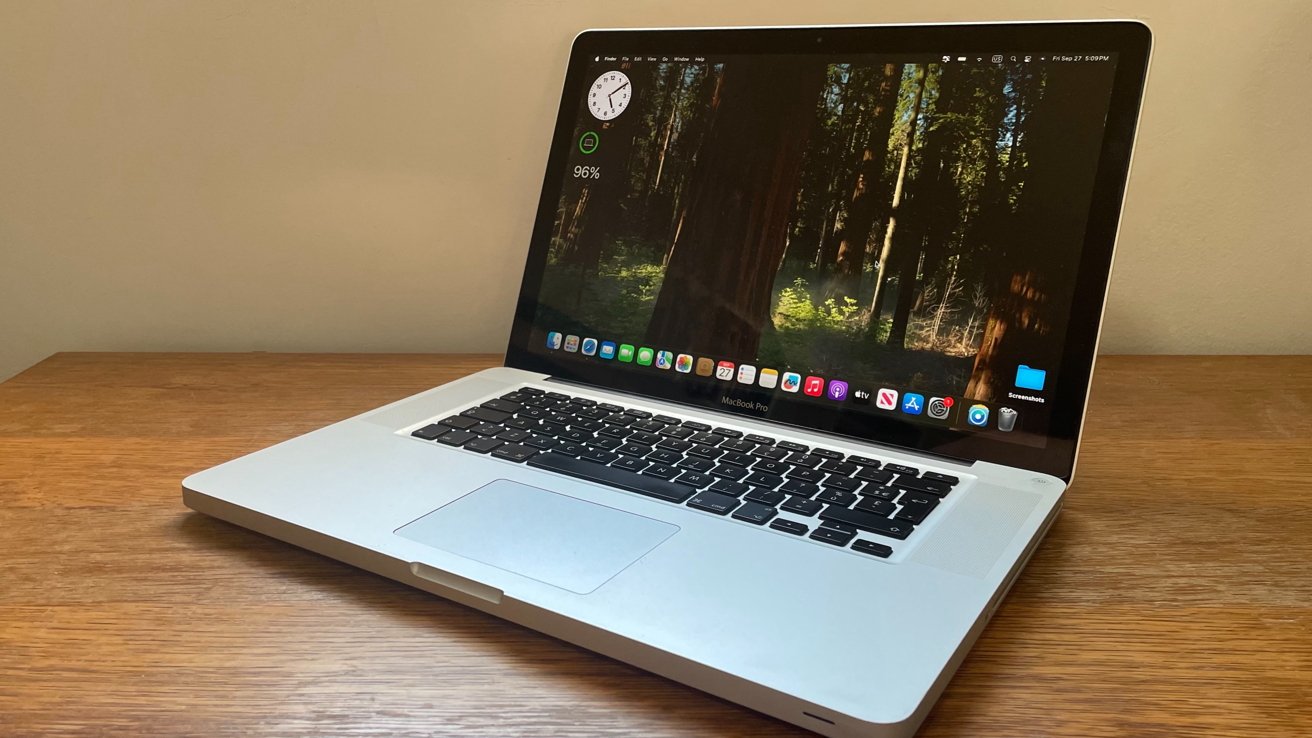
Campaigners say the recent efforts to deliver high-speed internet to customers in rural areas around the UK has led to an overwhelming number of telegraph poles erected, and have requested that telecoms organisations share their networks. Fibre cables are often run underground, but this method is more expensive and disruptive, since it requires getting planning permission and digging up pavement. In contrast, utility poles don’t usually require permission, and are quicker and cheaper to construct.
However, complaints have been made around the UK from people who have had the imposing structures built outside their property with no warning, sometimes by multiple different telecoms companies, with ‘remarkably similar equipment’. A shared responsibility Plans were announced earlier this year to who are stuck with outdated digital infrastructure, but with each provider developing its own infrastructure network, many feel the structures are unnecessary. The Department for Science, Innovation, and Technology (DSIT) has doubled down on its commitment to consulting residents, and encouraging collaboration in infrastructure.

Ministers have asked organisations to share their digital infrastructure since March, but the government has fallen short of regulation for the practice. The DSIT minister, Chris Bryant, said in a letter to telco companies, ”We must look to address the concerns that people across this country have expressed and recognise that unnecessary pole deployment is immensely frustrating for them.” “Many people are calling for the Government to remove permitted development rights for poles.
I do not, at this stage, believe that this is the right move.” Both Openreach and Virgin Media insist they routinely share infrastructure where possible, and Virgin have reaffirmed its commitment to minimizing disruption whilst fulfilling its promise to bring full fibre to more homes and businesses. Via.













